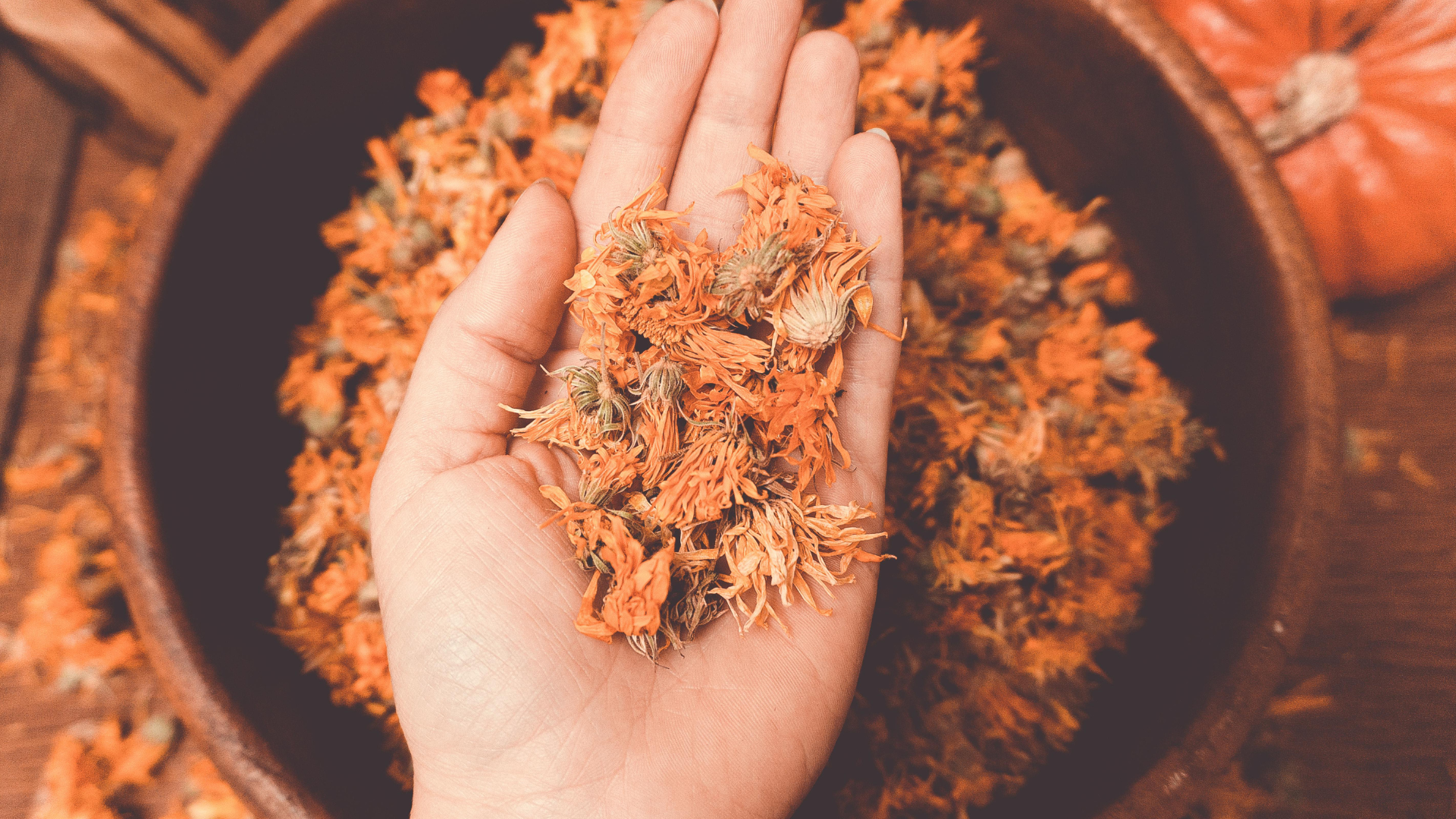Ayurvedic Practices for Maintaining Healthy Joints and Mobility
Jan 06, 2025
Ayurvedic Practices for Maintaining Healthy Joints and Mobility
Our joints are essential for mobility, flexibility, and daily activity. However, over time, factors like aging, poor diet, stress, and a sedentary lifestyle can lead to joint discomfort, stiffness, or even conditions such as arthritis. Ayurveda, the ancient Indian system of holistic health, offers a natural and effective approach to maintaining joint health and mobility. By focusing on balancing the body’s doshas, strengthening digestion, and incorporating nourishing self-care practices, Ayurveda helps promote long-term joint wellness.
In this blog, we’ll explore Ayurvedic practices and remedies that support healthy joints, reduce inflammation, and keep you moving with ease.
1. Understanding Joint Health in Ayurveda
In Ayurveda, joint health is influenced by the balance of the three doshas—Vata, Pitta, and Kapha. Each dosha affects joint function differently, and imbalances in these doshas can lead to various joint issues.
-
Vata Dosha: Governs movement and dryness in the body. When Vata is imbalanced, it can cause joint pain, stiffness, cracking, and dryness, often seen in conditions like osteoarthritis.
-
Pitta Dosha: Associated with heat and inflammation. Excess Pitta can lead to inflammatory joint conditions such as rheumatoid arthritis, characterized by redness, swelling, and hot joints.
-
Kapha Dosha: Governs lubrication and stability. When Kapha is imbalanced, it can lead to fluid retention and stiffness in the joints, causing heaviness and sluggish movement.
Ayurvedic practices for joint health focus on balancing the doshas, reducing inflammation, improving flexibility, and supporting healthy mobility.
2. Ayurvedic Diet for Joint Health
A key principle in Ayurveda is that good health begins with a strong digestive fire, or Agni. A healthy Agni ensures proper digestion, which prevents the accumulation of Ama (toxins) that can settle in the joints and lead to discomfort and stiffness. Eating a dosha-balancing diet is crucial for maintaining joint health and preventing joint-related issues.
Vata-Pacifying Diet for Flexible Joints:
Vata imbalances often cause dryness and stiffness in the joints. To counteract this, Vata-dominant individuals should focus on warm, nourishing, and lubricating foods.
-
Include: Healthy fats like ghee, olive oil, and avocados, root vegetables (sweet potatoes, carrots), and whole grains (quinoa, oats). These foods help lubricate the joints and reduce stiffness.
-
Avoid: Cold, raw foods and excessive caffeine, which can aggravate Vata and worsen joint dryness.
Pitta-Pacifying Diet for Cooling Inflammation:
Pitta imbalances lead to inflammation and heat in the joints. To balance Pitta, focus on cooling, anti-inflammatory foods.
-
Include: Cooling fruits (melons, cucumbers), leafy greens, and whole grains like barley and quinoa. These foods reduce inflammation and prevent the joints from overheating.
-
Avoid: Spicy, acidic, and fried foods, as they increase inflammation and Pitta heat in the body.
Kapha-Pacifying Diet for Lightness and Mobility:
Kapha imbalances can cause heaviness and stiffness in the joints. To balance Kapha, focus on light, energizing foods that reduce fluid retention and congestion.
-
Include: Light grains (millet, buckwheat), steamed vegetables, and spices like ginger and turmeric to stimulate circulation and reduce joint stiffness.
-
Avoid: Heavy, oily, or sugary foods that contribute to Kapha stagnation and sluggish movement.
3. Ayurvedic Herbs for Joint Health
Ayurveda offers a variety of herbs that help support joint health by reducing inflammation, improving flexibility, and promoting tissue repair. These herbs can be consumed as supplements or incorporated into your meals and teas.
Turmeric (Curcuma longa):
Turmeric is one of Ayurveda’s most potent anti-inflammatory herbs, thanks to its active compound curcumin. It helps reduce inflammation in the joints, alleviate pain, and protect cartilage.
-
How to Use: Add turmeric to your meals, smoothies, or teas. For enhanced absorption, combine it with black pepper, or take turmeric supplements as needed for joint support.
Ashwagandha (Withania somnifera):
Ashwagandha is a rejuvenating herb that supports overall vitality and joint health. It helps reduce stress and inflammation while strengthening the muscles and tissues around the joints.
-
How to Use: Ashwagandha can be taken as a powder, mixed with warm milk or water, or in supplement form to improve joint strength and flexibility.
Guggulu (Commiphora mukul):
Guggulu is an Ayurvedic resin known for its ability to detoxify the body, reduce inflammation, and support healthy joint function. It is often used in Ayurveda to treat conditions like arthritis and joint pain.
-
How to Use: Guggulu is available as a powder or supplement and is particularly effective for reducing joint stiffness and inflammation.
Shallaki (Boswellia serrata):
Shallaki, also known as Indian frankincense, is an excellent herb for reducing inflammation and promoting joint mobility. It helps relieve pain and stiffness in conditions like osteoarthritis and rheumatoid arthritis.
-
How to Use: Shallaki can be taken as a supplement to reduce inflammation and improve flexibility in the joints.
4. Self-Massage (Abhyanga) for Joint Lubrication
Abhyanga, or self-massage with warm oils, is a cornerstone of Ayurvedic self-care. It helps lubricate the joints, improve circulation, and relieve muscle and joint tension. Regular oil massage is especially beneficial for Vata-dominant individuals who experience dry, stiff joints.
How to Perform Abhyanga:
-
Warm some sesame oil (for Vata), coconut oil (for Pitta), or mustard oil (for Kapha) and massage it gently into your skin using long strokes on the limbs and circular motions on the joints.
-
Focus on areas of stiffness or discomfort, like the knees, shoulders, and lower back.
-
Let the oil absorb for 10-15 minutes before taking a warm shower or bath.
Benefits: Regular Abhyanga helps reduce joint stiffness, improve flexibility, and promote relaxation in the body.
5. Yoga and Stretching for Joint Flexibility
Yoga is an essential practice in Ayurveda for maintaining joint health and improving mobility. Gentle stretching and yoga postures help keep the joints flexible, strengthen the muscles around them, and reduce stiffness.
Yoga Poses for Joint Health:
-
Child’s Pose (Balasana): A gentle pose that stretches the spine, hips, and knees, helping to relieve tension in the joints.
-
Cat-Cow Pose (Marjaryasana-Bitilasana): This flowing movement helps improve spinal flexibility and lubricate the joints in the back and neck.
-
Bridge Pose (Setu Bandhasana): Strengthens the lower back, hips, and knees while improving circulation to the joints.
-
Downward-Facing Dog (Adho Mukha Svanasana): Stretches the spine, shoulders, and legs, promoting flexibility in the joints and muscles.
Pranayama for Joint Health:
-
Nadi Shodhana (Alternate Nostril Breathing): This pranayama technique helps balance the doshas and reduce stress, which can contribute to joint stiffness and inflammation.
6. Stay Hydrated to Keep Joints Lubricated
Proper hydration is essential for maintaining joint health, as water helps keep the joints lubricated and prevents stiffness. According to Ayurveda, warm or room temperature water is best for maintaining Agni and preventing the accumulation of toxins that can settle in the joints.
-
Drink warm herbal teas: Herbal teas made from ginger, fennel, and cumin are especially beneficial for promoting joint health and supporting digestion.
7. Rest and Recovery for Joint Health
Rest is an important component of maintaining joint health, especially if you engage in regular physical activity. Ayurveda emphasizes the importance of allowing the body to recover and repair, which is essential for joint mobility.
-
Prioritize sleep: Getting 7-8 hours of restful sleep each night allows the body to repair tissues, reduce inflammation, and rejuvenate the joints.
-
Use heat therapy: Applying warm compresses to stiff or painful joints can help improve circulation, reduce pain, and promote flexibility. This is especially helpful for individuals with Vata or Kapha imbalances who experience joint stiffness.





